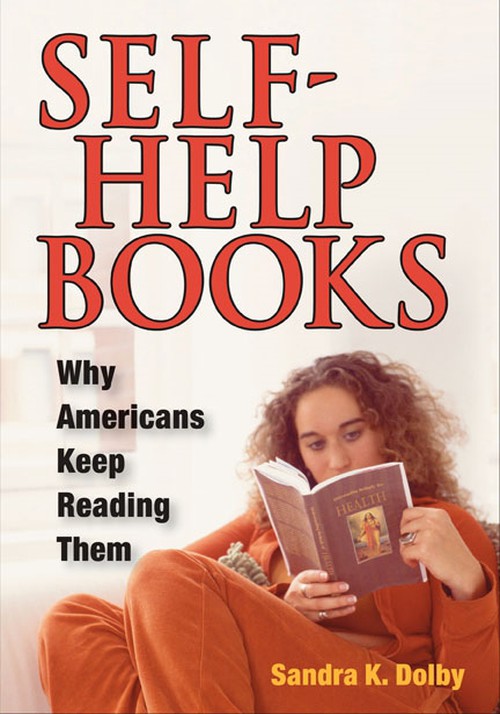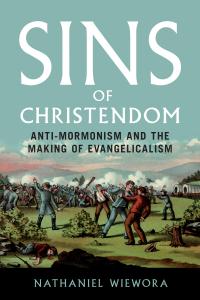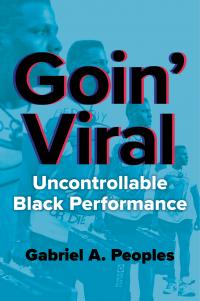
Self-Help Books
Cloth: 05/16/2005
About the Book
Based on a reading of more than three hundred self-help books, Sandra K. Dolby examines this remarkably popular genre to define "self-help" in a way that's compelling to academics and lay readers alike. Self-Help Books also offers an interpretation of why these books are so popular, arguing that they continue the well-established American penchant for self-education, articulate problems of daily life and supposed solutions for them, and present their content in an accessible rather than arcane form and style.Using methods associated with folklore studies, Dolby then examines how the genre makes use of stories, aphorisms, and a worldview that is at once traditional and contemporary. The overarching premise of the study is that self-help books, much like fairy tales, take traditional materials, especially stories and ideas, and recast them into extended essays that people happily read, think about, try to apply, and then set aside when a new embodiment of the genre comes along.
About the Author
Sandra K. Dolby, director of the Folklore Institute and professor of folklore and American studies at Indiana University, is the author of Literary Folkloristics and the Personal Narrative.Reviews
Blurbs
"Dolby has written a timely, important, and provocative book that introduced me to a new and smart way of viewing this body of literary work. Scholarly yet accessible, Self-Help Books presents a solid argument about why the oral, traditional foundation of narratives for these self-help books helps to make them successful."--Elaine Lawless, author of Women Escaping Violence: Empowerment through Narrative
"Dolby's wide reading in self-help books, her nuanced analyses of their writing, intelligent use of reader testimony, and the effective application of theory and concepts from folklore combine to produce a book that will have appeal for both scholars and general readers."--Patrick B. Mullen, author of The Man Who Adores the Negro: Race and American Folklore





